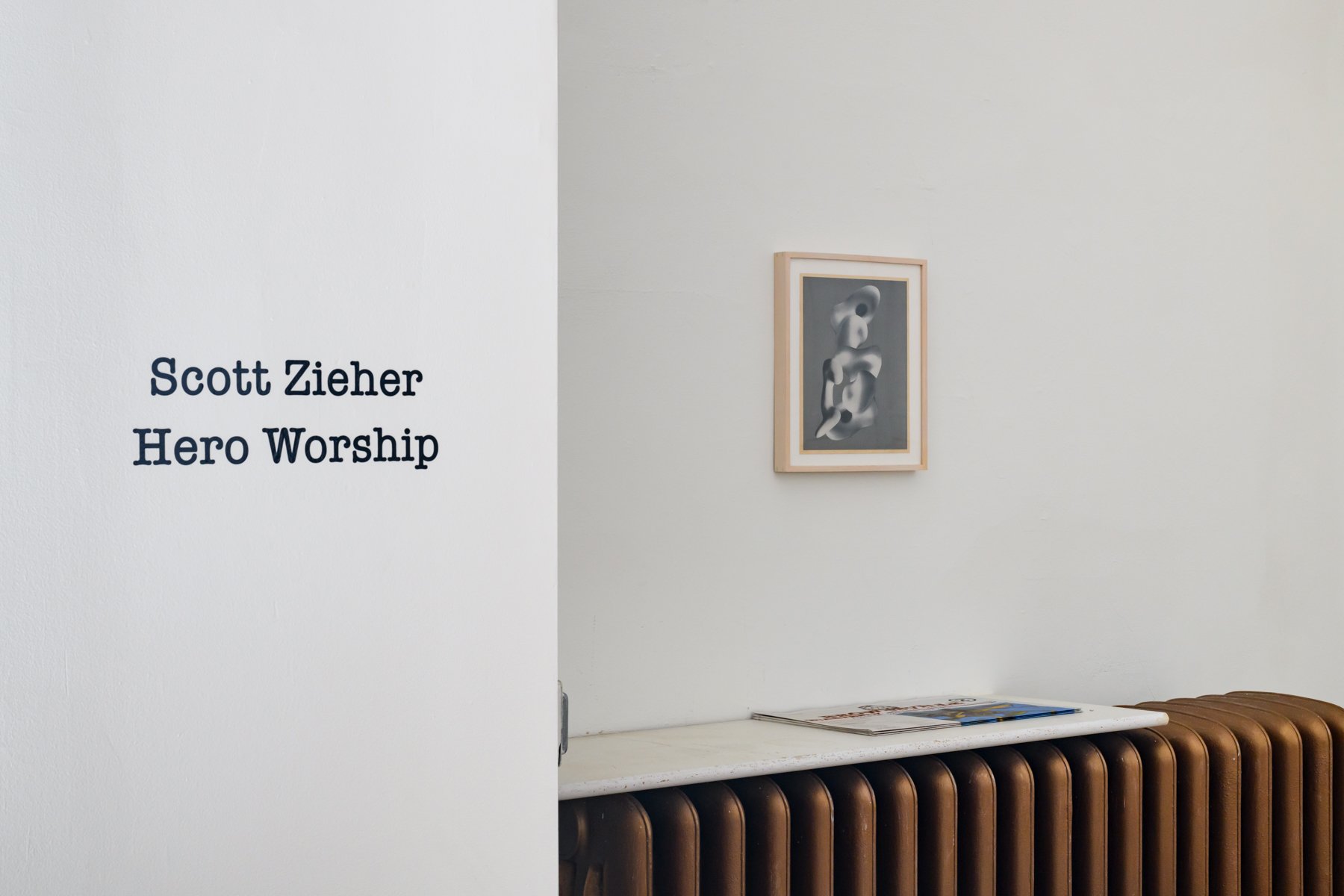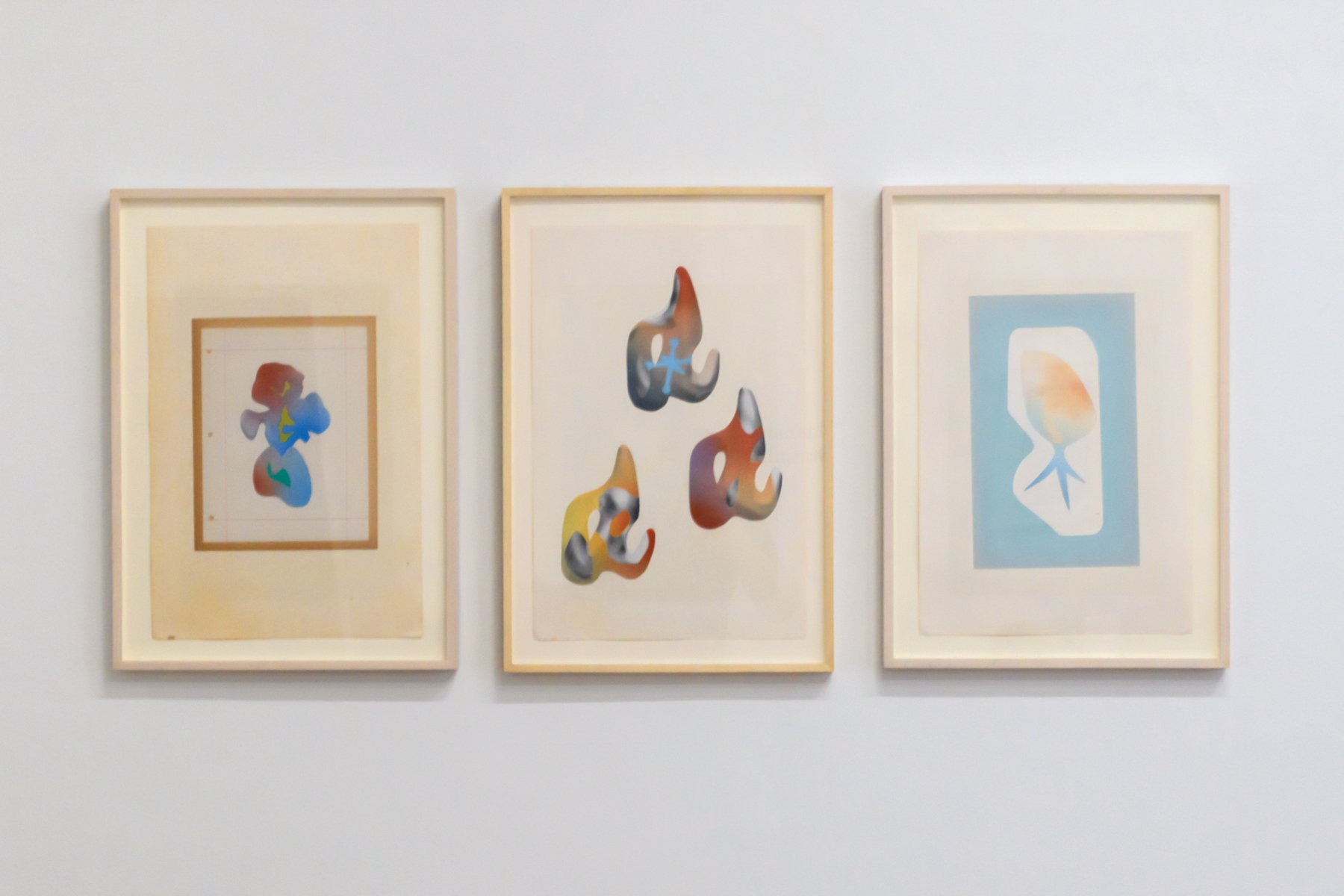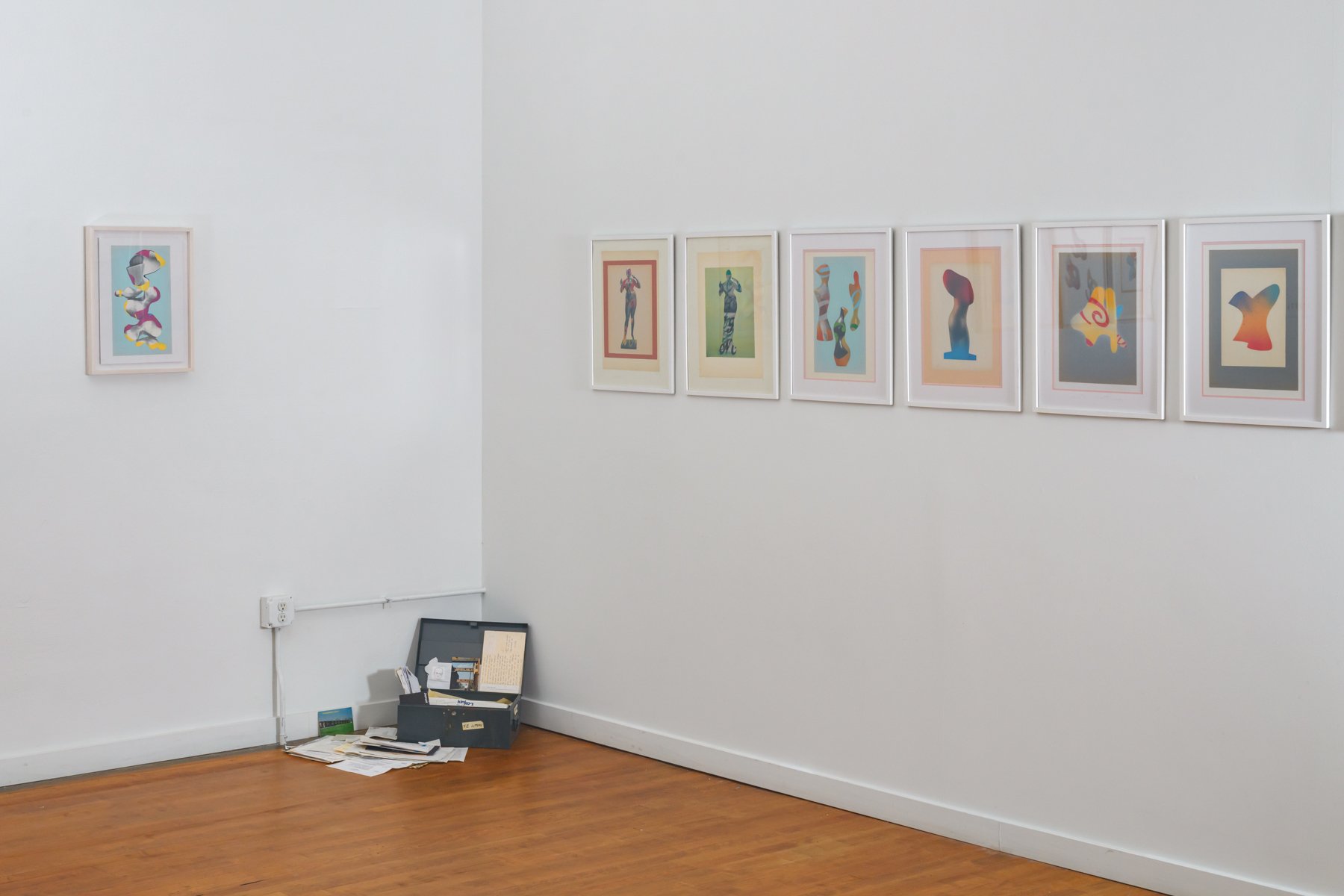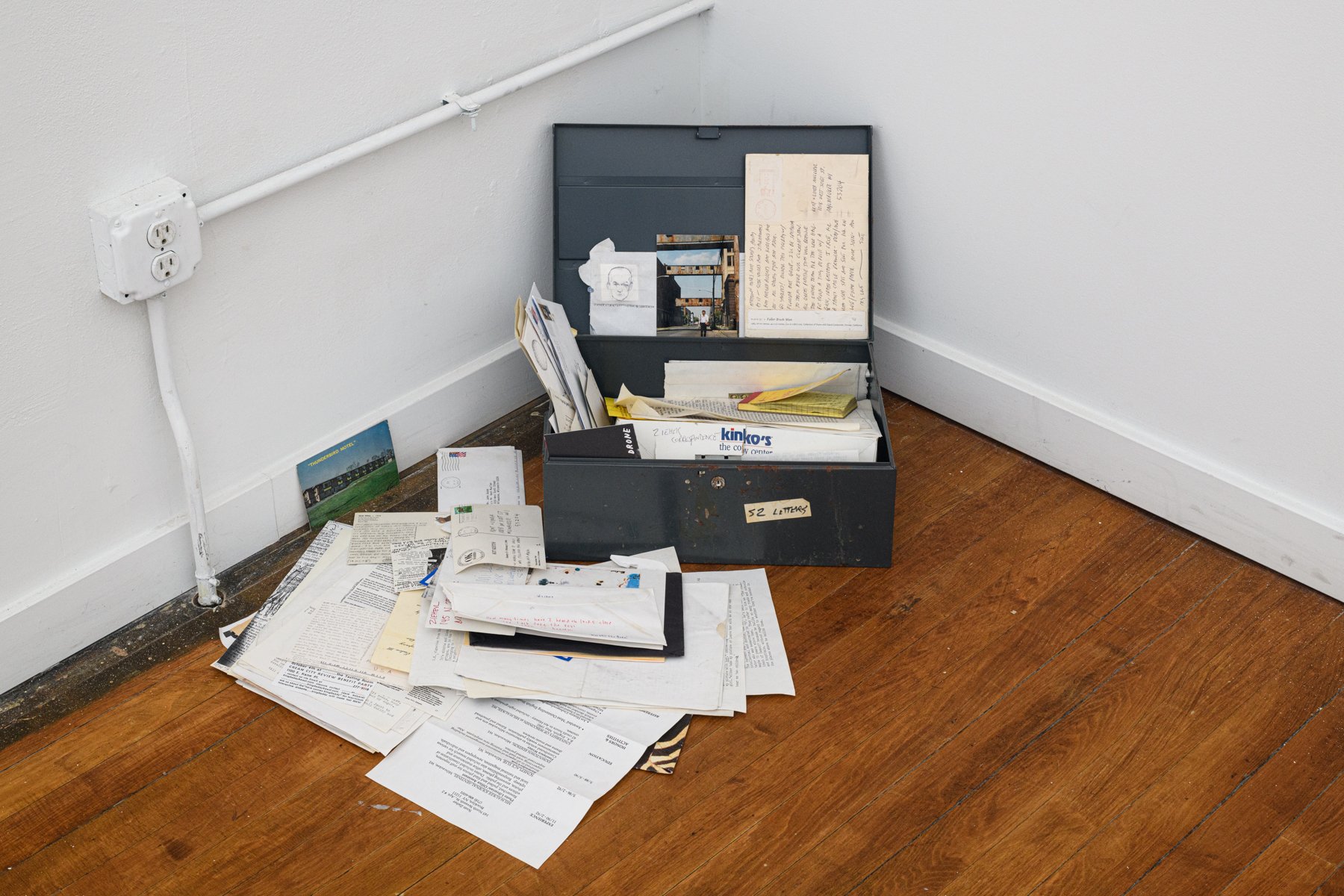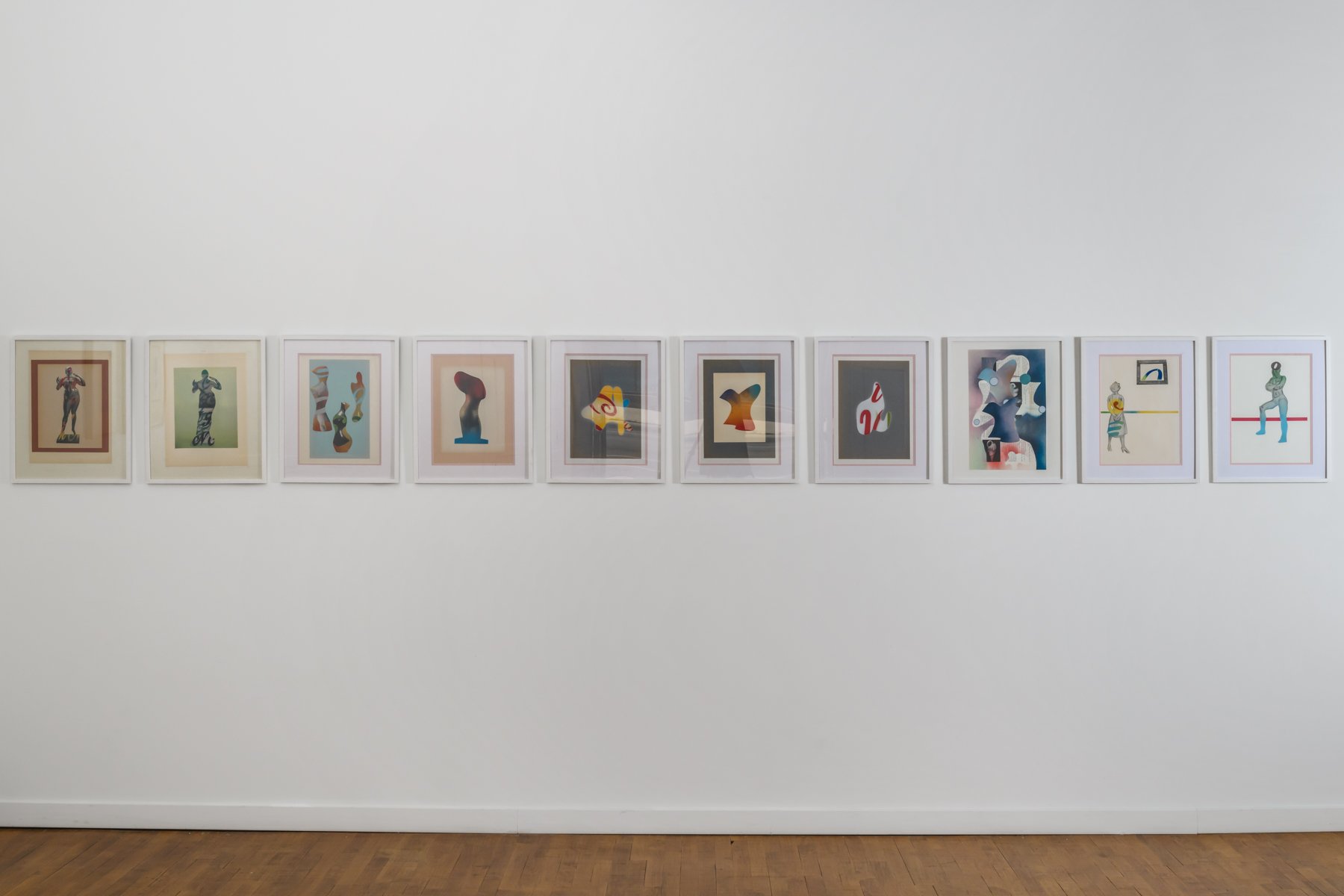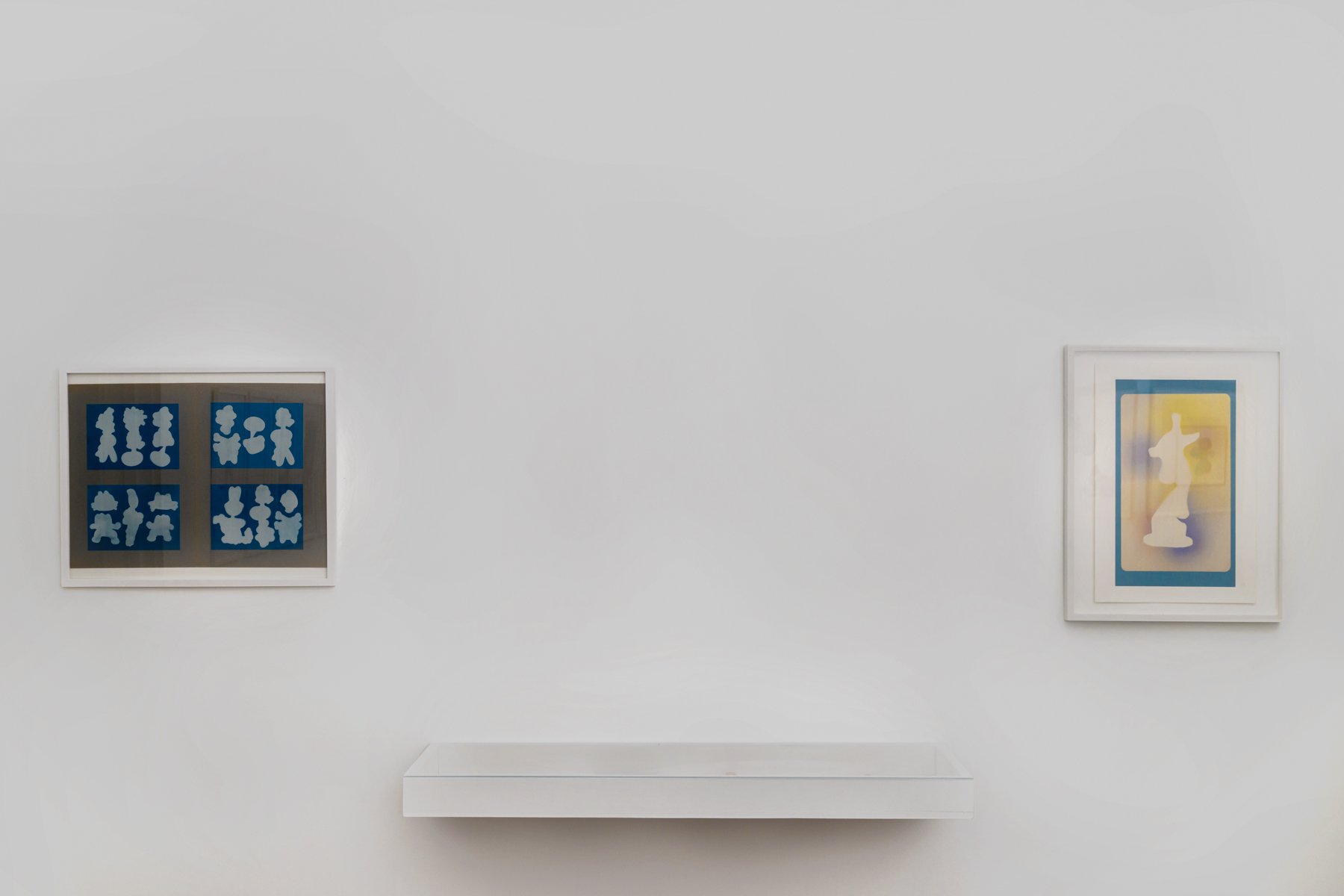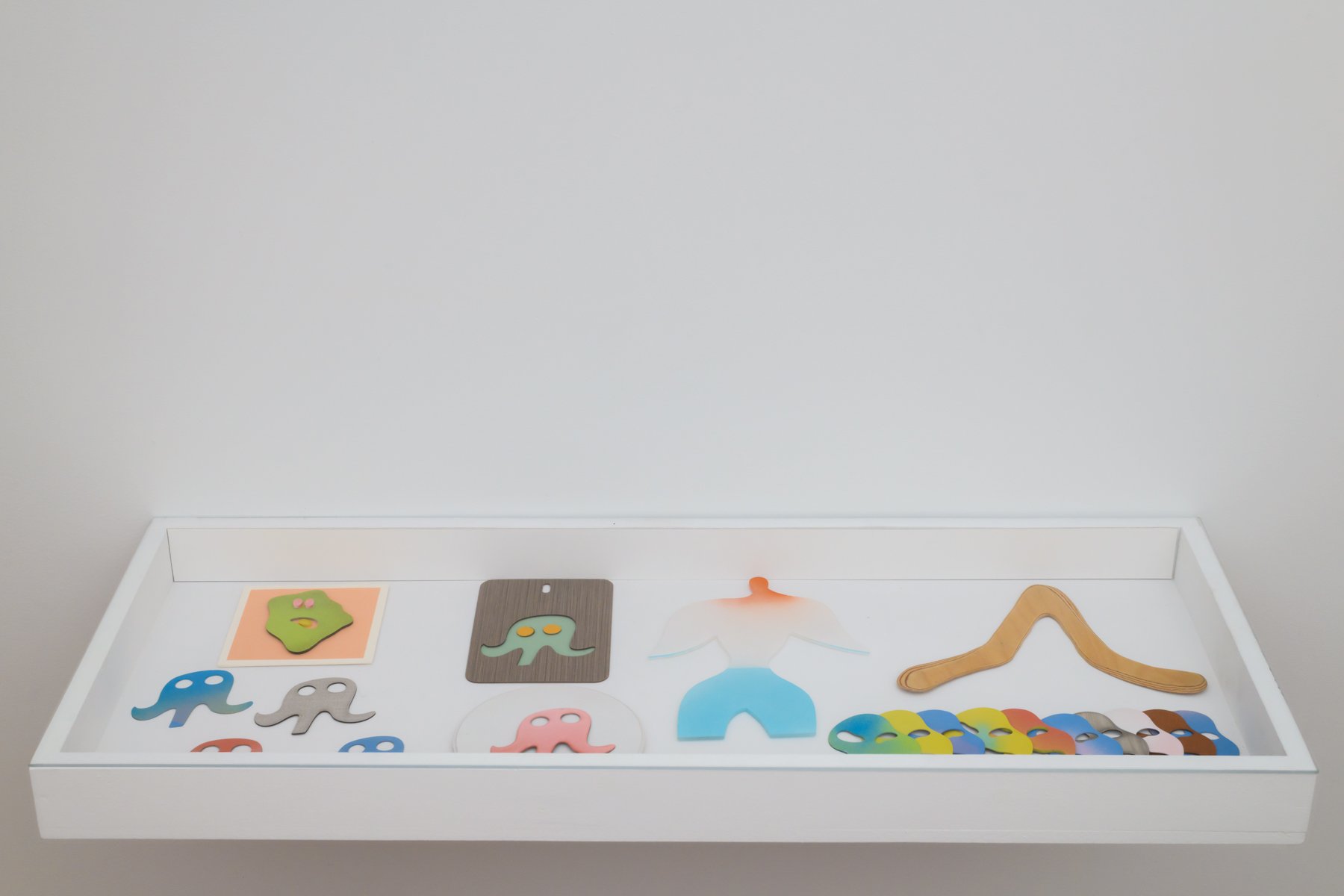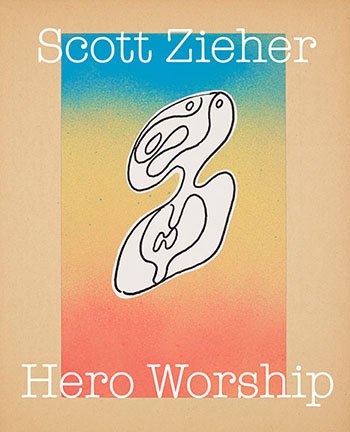June 10 – July 24
Opening Reception, June 10, 6–9 PM
Scott Zieher makes collages with scissors, blade, spray paint, fixative, and antiquarian books and magazines. His sources range from vintage leaflets and manuscripts to mid-20th century advertising, illustration, and art history. He also writes poems with a pencil and Strathmore 25% cotton paper on a clipboard. They are typewritten on an industrial green Royal Quiet De Luxe (circa 1957) found in a trash can on the northwest corner of Washington Square in the spring of 1992. The substrate is vintage letterhead which has been collecting for a decades. While the images do not directly correspond to the words, they are from the same wellspring of nostalgia, anachronism, and memory. Zieher’s paternal grandfather was a mechanic in the Nekoosa paper mill at Port Edwards, Wisconsin, so paper has always represented a quasi-spiritual place for him. Zieher has noted that his grandpa looked a lot like Joseph Cornell and the two spent many a lazy afternoon listening to baseball on the radio and playing Cray 8’s in his basement, surrounded by jars of beets and pickles, themselves enveloped by a proscenium of pin-up girls. Due in part to this connection, Zieher fell in naturally with both poetry and art at a young age. He learned to attach a kind of heroism to his family, and a deep breed of worship for heroes..of all sorts, include Hans Arp, Arthur Zaidenberg, Isamu Noguchi, Henry Moore and about 100 poets, whose ghosts are all in these collages and poems.
All the material in “Hero Worship” is personal. Zieher’s grandfather gave him a box of Nekoosa brand paper in 1972, of which every slice was used, one-by-one, until his final thesis as an undergraduate in 1991. His mother was the secretary to the principal at his junior high school, and her desk sat in front of an enormous vault, filled with school supplies. She bought copies of Keats at yard sales and sent him to Minneapolis to broaden his horizons, where he improbably saw early Andy Warhols, which would later spark an interest in art dealing.
In 1984, Zieher’s mother grew tired of a terribly plain prairie-scape from K-Mart which hung above the family couch, turning it around in the frame to display a faded, cream-colored expanse of nothingness in $3.00 worth of faraway aluminum. If Arp and Noguchi are heroes, Zieher’s mom was a saint. But also an unwitting-minimalist-genius-one-hit-wonder, introducing him to the grace and salvation of all writing and creation, despite her refrain that poetry “isn’t a career.”
What more perfectly accurate and honest reasoning for a young poet to completely ignore? Nothing could make heaven happier than to have proved her wrong after all these years.
